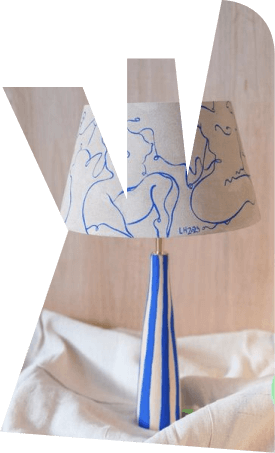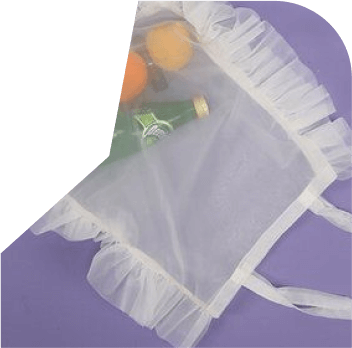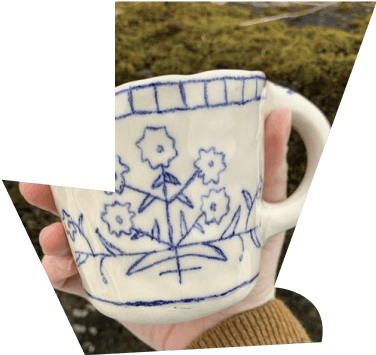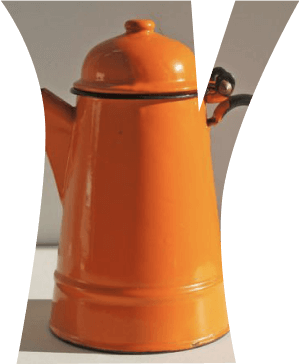My Home Fit in a Cup
A communication campaign by Helping to Leave, which helps Ukrainians leave the occupation for the Ukrainian-controlled territories and adapt in a new place.

Territories are people
is a project by Helping to Leave that helps Ukrainians leaving the temporarily occupied territories (TOT) for the Ukrainian-controlled territories
Ukrainians show great strength when leaving their homes. Sometimes it's hard for us to give up a certain habit. They are giving up their entire lives. And they go into the unknown to live on the free Ukrainian territory. “Why does it take so long?” Leaving the occupation is a long and difficult process. It is not only a physical journey, which is extremely difficult in itself, but also a long, multi-component adaptation to a new place. Yet many Ukrainians still do not understand why it takes so long to leave the temporarily occupied territories.
In order to help Ukrainians from different regions find common ground and attract as much moral support and funding for the evacuation as possible, we are launching a communication campaign called “My home fit in a cup” as part of the project. At its core is a warm image: small things that we take with us as a reminder of home. Such things are kept by those who move every few months within the capital; by those who once left their hometown in search of greater opportunities; and, of course, by those who were forced to flee their homes due to occupation and hostilities. We do this to explain complex experiences in an accessible manner.
It's hard to leave your home behind, but Ukrainians from the temporarily occupied territories can still feel at home in safety. They just need support.





We believe in the power of empathy and mutual understanding. Become the support with Helping to Leave.
Stories of leaving the temporarily occupied territories
Tiya20 years old, Makiivka, Donetsk Oblast
The young woman took a couple things from her home and her cat — the most valuable memory of her home. Now they live together in Kharkiv.
Volodymyr54 years old, Nova Kakhovka, Kherson Oblast
This small icon, embroidered with beads, was given to Volodymyr by an acquaintance. The man hasn't parted with it since — even when leaving the occupation.
Yanina27 years old, Mariupol, Donetsk Oblast
This cross is the only memory of home Yanina has left. It ‘protected’ her father when he was leaving the occupation.
Halyna62 years old, Nova Kakhovka
She took her most valuable possessions as mementos of home: photos of her family as well as a book of carols, jewelry, and a prayer book her 96-year-old mother, Sofia, is inseparable from.
Svitlana58 years old, Kivsharivka, Kharkiv region
After evacuating from the TOT through the Pechenizka Dam, Svitlana became a volunteer and helps other IDPs adapt to their new home. Her fur coat reminds her of home.
Maryna44 years old, Kozachi Lageri, Kherson region
Marina's daughter's toy and an electronic wall clock remind her of home. Looking at it, she remembers her room and her youth.
Merch that helps Ukrainians from the temporarily occupied territories
We have created a collection on which we printed items belonging to the people we evacuated. They brought them with them when leaving the temporarily occupied territories.
Among them: a vyshyvanka, family photo albums, a book of carols, a house key, an embroidered icon, a cross, and even a cat.
All proceeds will go towards helping Ukrainians returning to the Ukrainian-controlled territories.

Support Ukrainians leaving the temporarily occupied territories








